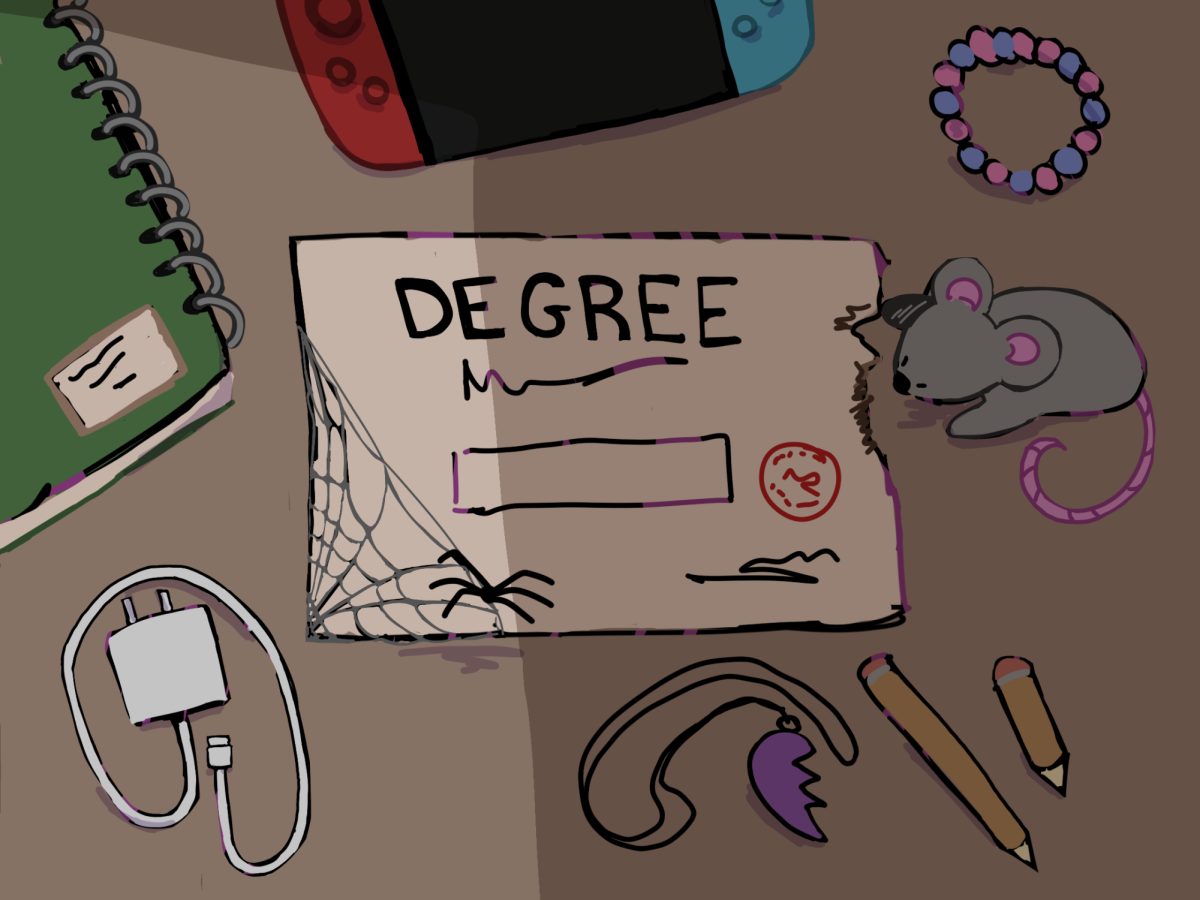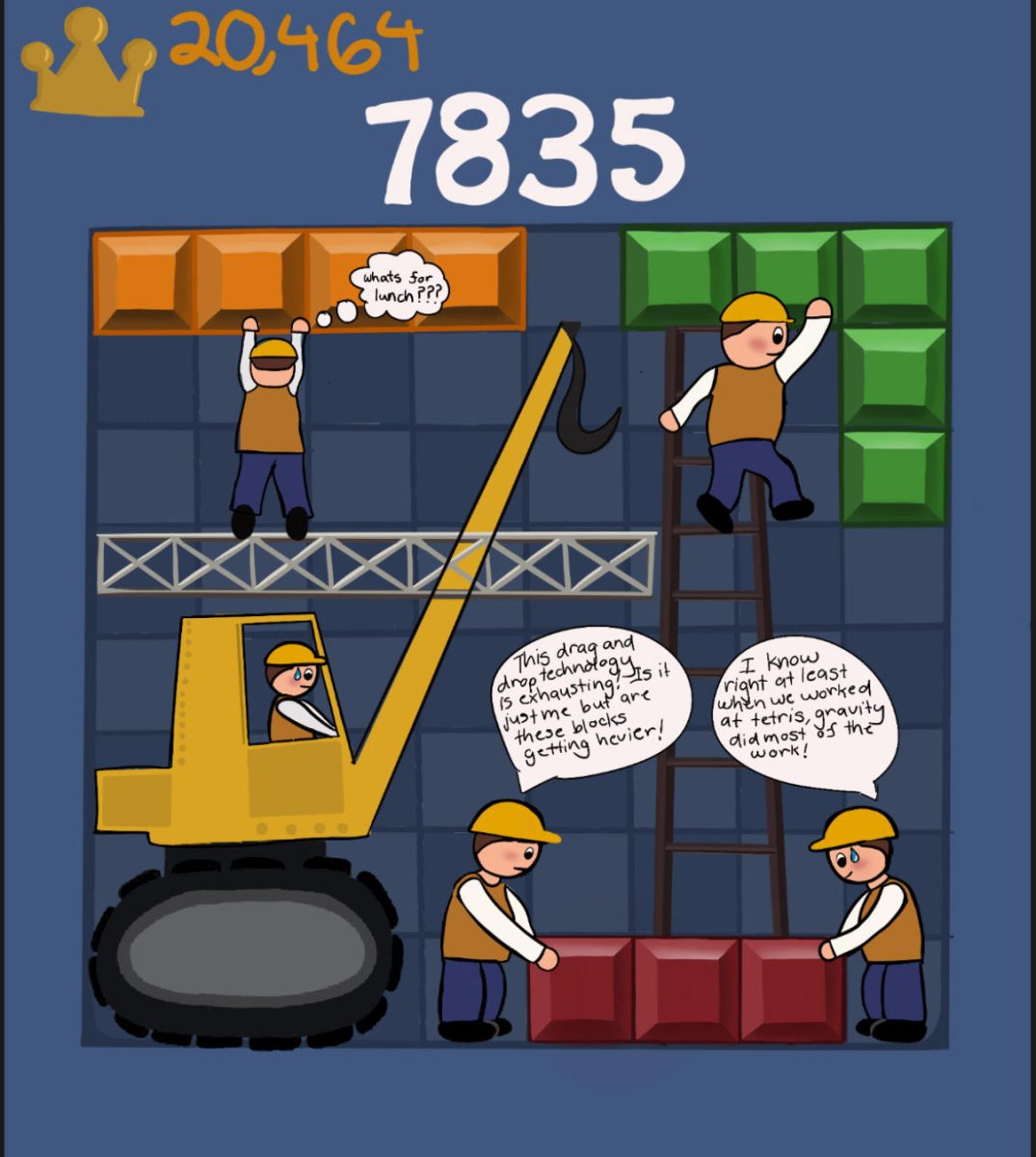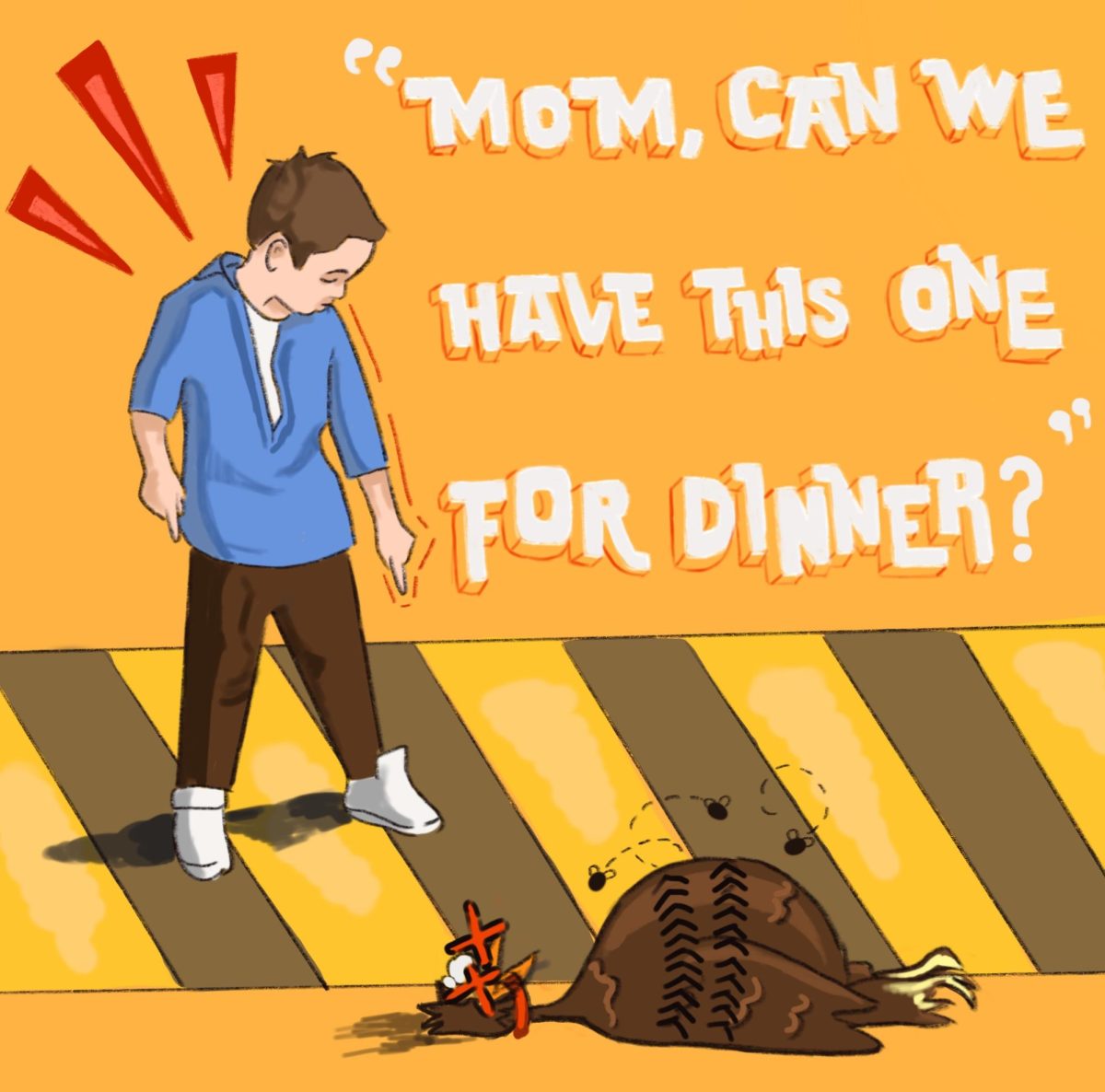Ah, report card season, the time of year when students everywhere transform themselves into award-winning actors, putting on Oscar-worthy performances to convince their parents that a B+ in AP Calculus is not the end of the world.
But for those of us who prefer a more…creative approach, why stop at persuasion when you can employ a little strategic deception? Here are some tips how to do that.
“Tell the truth, but not the entire truth,” junior Samuel Bean said.
Parents don’t need to know the exact details of your GPA if you keep them distracted.
“Talk. Talk about something, like the weekend you guys are planning,” sophomore William Liu said. “Anything is better than just talking about grades.”
If your grades look rough, a great strategy is to introduce fake news into their lives.
Parent: “What’s this I hear about a C in Physics?”
You: “Before we get into that, did you know I might have accidentally signed up for a reality TV show about teen influencers? Also our dog may have swallowed my AirPods.”
Crisis averted. Your grade is no longer the headline, just a footnote in the ongoing saga of your reckless decision-making.
Sophomore Niel Kandekar employs other strategies.
“Just say random words they don’t understand,” he said. “Whatever you do, don’t show them your real grades.”
Added sophomore Pratik Ganesh, “Try introducing the test at a busy event. That way they will be distracted and can’t get angry at you in public.”
With online grading portals, getting away with the old school-must-have-lost-my-report-card trick is harder. But what isn’t hard is sending your parents a well-cropped screenshot that just happens to omit that one pesky class.
“An easy way to make your parents think you have an A is, you show only tests you did very well on, ” Liu said. “Make them feel like you’re really doing something, and don’t let them get your real grade”
Sure, maybe you have a 72% in chemistry, but there’s no harm in only screen-shotting the dazzling 98% you got on a single quiz.
If deception isn’t your style, lean into the tried-and-true method of lowering expectations. When confronted with your grades, immediately bring up someone else’s worse academic performance.
Parent: “Why do you have a D in English?”
You: “At least I’m not like Brandon. He tried to submit an essay written entirely in emojis. The teacher didn’t even grade it. She just wrote ‘???’ and moved on.”
Brandon, if you’re reading this, I salute your bravery.
Here’s a pro tip: Start planting seeds early that the grading system is unreliable. Randomly bring up conspiracy theories about how grades don’t reflect intelligence, how the school secretly assigns GPAs based on astrological signs, or how your math teacher was a former KGB agent and can’t be trusted.
The goal is to make your parents question everything so by the time report cards arrive, they’re too confused to protest.
And if all else fails? Distract with accolades, real or invented.
“You can just say you’re Scholar Athlete of the Month,” Bean said. “It’s a good way to be like yeah I’m doing good, not failing any classes.”
It’s the academic version of smoke and mirrors.
Maybe your grades aren’t great, but you know what’s impressive? The fact that you got conditionally accepted to Harvard! Sure, conditionally might mean they just need you to verify your credentials (which may or may not exist), but by the time your parents start asking questions, it’ll be too late.
If questioned, you can say: “You don’t believe I got into an exclusive, experimental, top-secret Harvard program that no one’s ever heard of? Wow. Thanks for the support.” Then storm off dramatically.
Deception is an art form, and while you could just study harder and actually improve your grades, where’s the fun in that? (But, seriously, you should probably study. I take no responsibility for your grounding.)
Good luck, and remember: if you get caught, I was never here.
Need some tips to lie about grades?
Sure you do. Every student does it, right?
Shaurya Chauhan, News Lite Editor/Social Media Writer
May 1, 2025
Two students are convincing their mother that their grades are fine They could use some advice, as they’re not succeeding.
Story continues below advertisement
More to Discover
About the Contributors

Shaurya Chauhan, News Lite Editor/Social Media Writer
Junior Shaurya Chauhan is rejoining The Californian for his second year, and somehow convinced people to let him be the News Lite Editor. When he’s not drowning in manga volumes or blasting Stray Kids on repeat, he’s probably vibing with his horse Lala, who has more social skills than he does. (She’s basically the main character.) Shaurya joined Newspaper to unleash chaotic stories that make people laugh, cry, and question his sanity, all while proving that grammar and style are really just synonyms for “polite suggestion”.

Jane Blinston, Artist
Resident California High School junior Jane Blinston is back at it again to rock her second year of being an artist in The Californian! She uses a program called Clip Studio Paint to make eye-popping art, with her posting recreational art on her own Instagram to keep a log or portfolio, as she has dreams of being a webcomic creator. She keeps up an attitude of being easygoing and laid-back, but this can sometimes result in being careless or apathetic. This is because she wants to “live free without restraint”, in her words. In her free time, Jane loves to draw (which you could probably tell), play video games, cause shenanigans with her friends, and listen to music. It’s a wild range- from Japanese 80’s city pop to instrumentals to what her mom calls “emo music,” which isn’t entirely right but not wrong either. She also likes anything cutesy-magical-girl or robotic mecha sci-fi, which seems strange, but a girl can dream, right?












